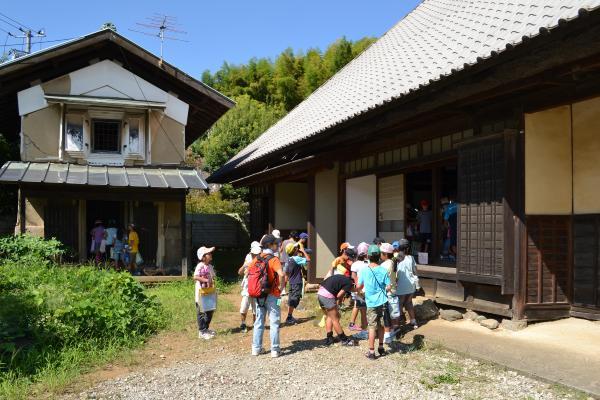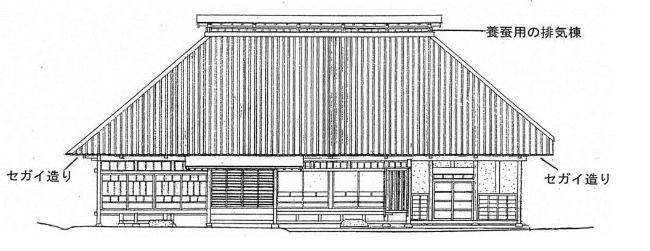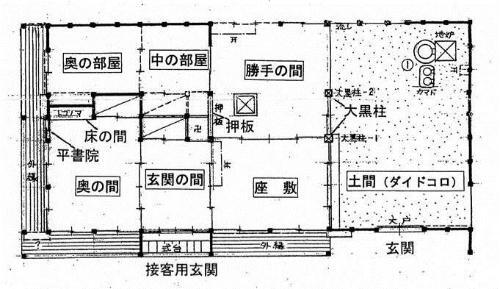Hirao's Old Folk House
Event Category: Courses and Classes (Learn and Listen)

Public Open House of Traditional Folk Houses
The main house and storehouse of the old folk house will be open to the public twice a month.
- Event Date
-
March 5, 2025 (Wednesday), March 29, 2025 (Saturday)
- Event Time
-
From 9:30 AM to 11:30 AM on March 5, 2025 (Wednesday)
From 9:00 AM to noon on March 29, 2025 (Saturday) - Venue
-
2-45-19 Hirao, Inagi City
- Access
-
Bus
- From Inagi Station on the Keio Sagamihara Line, take the train bound for Shin-Yurigaoka Station, get off at Hirao, and walk for 5 minutes.
- From Odakyu Line "Shin-Yurigaoka Station" to "Inagi Station", get off at "Hirao" and walk for 5 minutes
Note: There is no parking available, so please refrain from coming by car.

Overview of the Old Folk House
You can also check the details of the old folk house in the digital archives.
This old folk house was built in the late Edo period as the residence of the village headman of Hirao.
Main House
Built in the 14th year of the Tenpo era (1843). A single-story wooden building with a gabled roof and thatched roofing. Approximately 38 tsubo (about 125 square meters) (9 ken x 5 ken). The structure reflects the status of the village headman.
Feature 1: There is a reception entrance
On the left side facing the main house, there is a reception entrance. Since this is the house of the village head, a reception entrance was built to welcome officials from the shogunate and others. The structure of the entrance includes a platform and sliding doors, which are permitted only for the village head, giving it a formal structure. The general entrance is located on the right side, resulting in two entrances.
Feature 2: Eaves Structure of Segai Construction
Looking at the eaves, you can see the structure of the Segai style. It creates eaves that are higher and deeper than those of typical houses, and a paneled ceiling is constructed in this area. In the structure of a typical farmhouse, thatch materials are placed directly on the rafters, allowing for a direct view of the thatch under the eaves. By using paneled Segai construction, it demonstrates the status of the head of the household.
Feature 3: The Tokonoma and the Heisho-in in the Inner Room
The inner room was used as a guest parlor. This room features a tokonoma and a flat shoin. The tokonoma has a depth of 1 shaku 5 sun, with a closet on the side. The flat shoin only has shoji for light, and does not have a shelf. Both are simply constructed, but show the structure that indicates the status of the village head.
Storehouse
Built in 1893 (Meiji 26). Two-story earthen storehouse.


Please let us know your feedback on how to make our website better.
Inquiries about this page
Inagi City Local History Room
1-9-1 Hirao, Inagi City, Tokyo 206-0823
Phone number: 042-331-0660 Fax number: 042-331-0660
Contact the Lifelong Learning Division, Department of Education, Inagi City

















